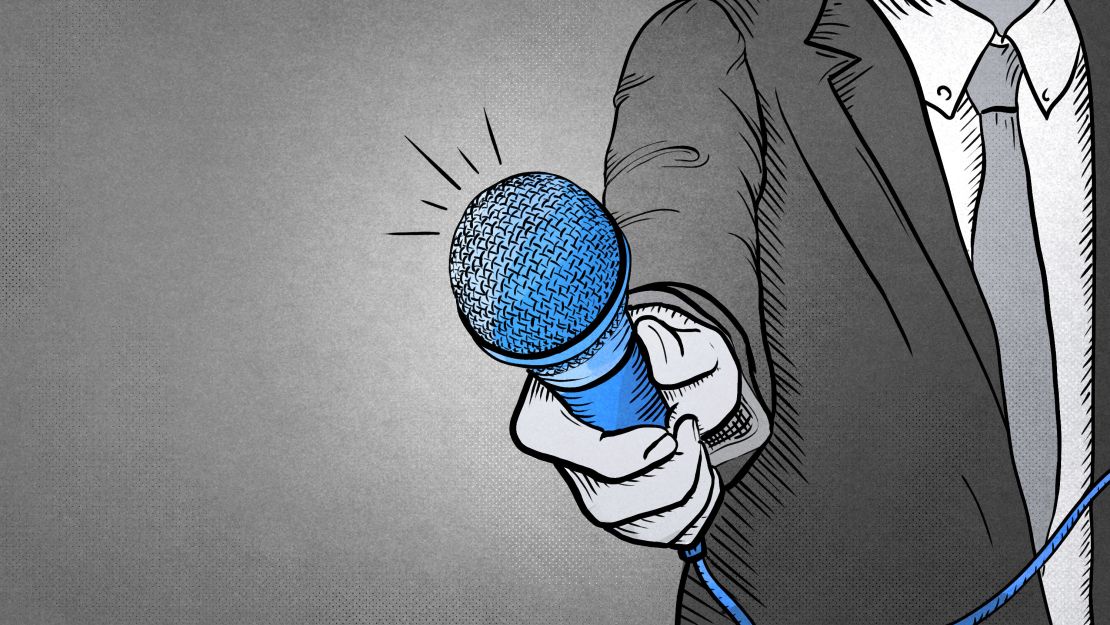Editorial note: Albanian opposition leader’s attacks on media on eve of protest must be condemned by all

The leader of Albania’s opposition Democratic Party, former Prime Minister Sali Berisha, has launched a vicious verbal attack on journalists and analysts, accusing them of serving Prime Minister Edi Rama. His comments were delivered just two days before a protest announced by the Democrats for October 7, which is anticipated to turn violent.
Why this is important: Berisha’s attacks against the media have become a routine part of his political rhetoric, diminishing its shock value for many. Yet, the fact that he issued these attacks while under house arrest raises serious questions about the inaction of Albania’s judicial system, especially given that his remarks come on the eve of a potentially tumultuous protest.
Context: From his window, where he addresses his followers daily, Berisha lashed out at journalists, labeling them “slaves” and “servants” of Edi Rama’s government. His rhetoric is not new; over the years, he has frequently attacked critical media, accusing journalists of aligning with his political adversaries. In his latest speech, he used strong language, accusing reporters of having no moral standards and merely repeating government lines for financial gain:
- “I tell these so-called servants of Edi Rama, stripped of every moral standard, these slaves to their own crimes who lick the bones thrown by Rama that the issue of freedom is an issue for every free citizen.”
- “These miserable parrots of Edi Rama who move from studio to studio like hyenas only expose themselves worse than Edi Rama on the beaches of the world.”
- “Spit on yourselves, humiliate yourselves, show yourselves as people stripped of every value. Miserable parrots repeating what Edi Rama’s press office gives them for a few coins.”
Berisha’s history of attacks on the media: This is not the first time Berisha has publicly attacked the media. For years, he has been relentless in his criticism, regularly accusing journalists of serving his political opponents. In the past, such attacks resulted in real violence against the media. During his presidency in March 1997, the offices of Albania’s most prominent newspaper, Koha Jonë, were burned down. The newspaper’s editors and staff had faced threats prior to the attack due to their outspoken criticism of the Berisha government’s corruption and abuses of power. This pattern of intimidation and coercion, while lacking violent incidents comparable to the burning of Koha Jonë, continued during his premiership from 2005 to 2013 and even during his years in opposition since then.
Lack of reaction: Berisha is issuing these attacks despite being under house arrest, with little to no repercussions from Albania’s legal authorities. Their inaction, particularly on the eve of the October 7 protest that is expected to become violent, makes their silence difficult to comprehend and even harder to justify. Even more troubling is the lack of response from media and journalists’ associations and organizations that should have been up in arms against such vicious attacks and language on their colleagues and on their profession.


